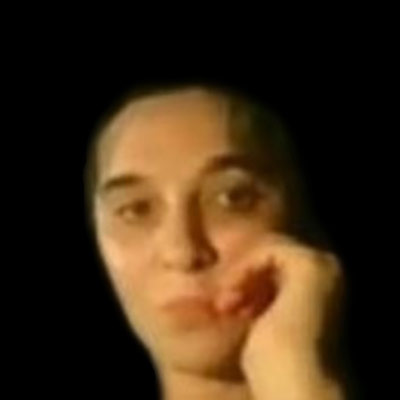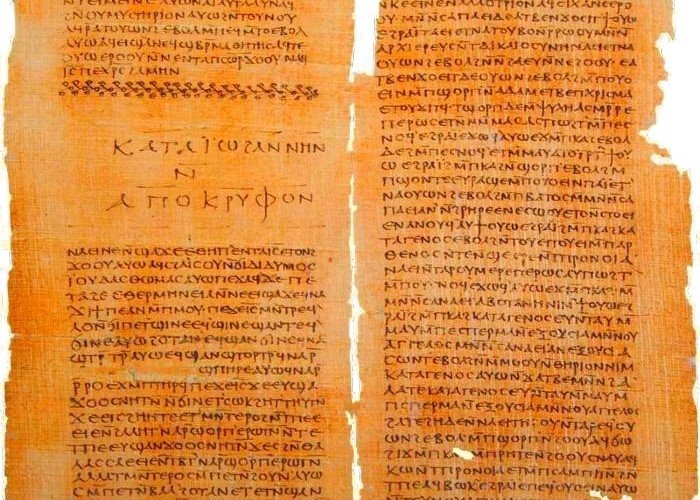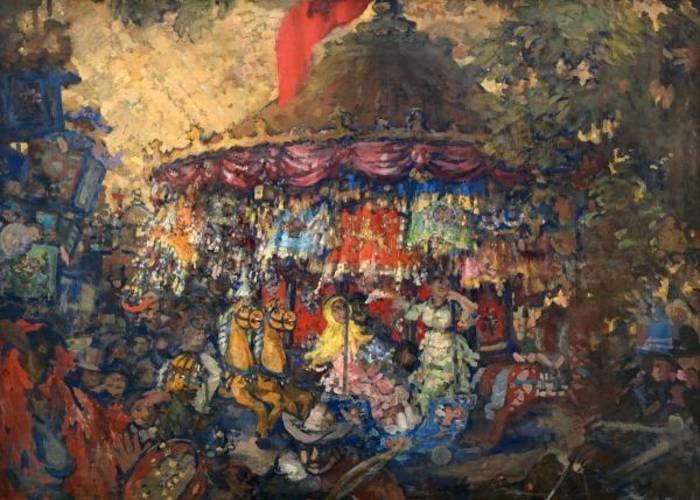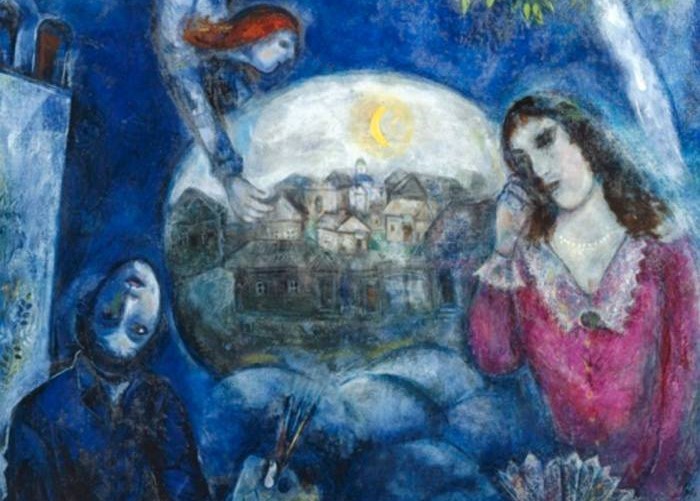Little Tolik was a prodigy. He could read words and whole sentences, while other children his age were still playing with blocks and toy trains, only vaguely aware that such things as letters even existed. Mrs. Hase, the kindergarten teacher, Miss Ruvi, who taught the first grade, and Mr. and Mrs. Kaufman, the second and third-grade teachers, took turns sitting with Tolik in the far corner of the nursery room, a third-grade reader open on his lap. Quick and round, like smooth pebbles, words rolled off his tongue, formed themselves into sentences, paused at a stop sign of a period or a comma. He read like an adult, with comprehension and interest, not just blankly sounding out words as children often do. Mr. Zlotnick, the principal, Ms. Shamov, the school social worker, and Mrs. Frank, the guidance counselor, after a short reading session with Tolik, brought up his name at district meetings. “Our little genius”, they called him.
The pride of the small parochial school, little Tolik became, in Mr. Zlotnick’s able hands, a weapon in a battle for funds. He became a shield that protected the Tomer School from the imminent danger of closing, while other small parochial schools were extinguished, three in one year alone, unable to continue the competition against “the factory”, as they called it, of public schooling.
In the second half of Tolik’s first year at Tomer, the gray-haired Mrs. Gershon, specialist in the psychology of gifted children, sat down to write an extensive report on the prodigy. Except for his reading prowess, Tolik was an absolutely normal little boy, she maintained. As for his gifts, she noted one little peculiarity: Tolik could read only in the presence of an adult. When left to himself, he stared blankly at a page, like any other three-year-old. Mrs. Gershon’s discovery was checked and corroborated by other professionals from the district, and then, reluctantly, by the staff of the Tomer School. Instructed by Mrs. Gershon, Mrs. Hase would hand little Tolik a book, stay with him for a couple of minutes as he made his way into a story, then leave him while he was in the middle of a sentence, encouraging him from the other end of the room. “Go on, Tolik. Let’s see now, what happens next?” But next there was nothing. Tolik could read nothing at all until the moment Mrs. Hase or another adult returned and sat next to him, holding one side of the book, while the other side rested on his small lap.
Tolik’s mother and father, owners of a small Russian deli on Ocean Avenue, had little to say to the imposing array of psychologists and teachers. Both of them learned to read English late in their lives. They knew enough to do store accounts, but they were not educated people, they said, and they were not sure that so much attention to their boy’s gift would not ruin his character, turn him into a haughty little professor who would look down on mom and dad.
When a panel of psychologists and teachers concluded that Tolik did not read, did not even know his letters, and that his gift was of a more special nature than previously suspected, his mother took the boy to an old woman in a dark, smelly apartment building two blocks down the street. She demanded that the witch take back whatever she had given to the boy that had made him so unusual——an apple tree that bore mango instead of good simple apples. The mother added that if the boy would become a normal little boy after this visit, the Russian deli would deliver a free meal to the woman, three days a week. When the mother finished talking, the old woman circled her small dank apartment, sighing at every step. Then she sat down on a wicker stool and had Tolik sit opposite her. She raised her hand to the boy’s forehead and held it there, not quite touching it. Words rushed out of her mouth in a forceful whisper. The boy sat still, eyes closed, so still, he looked more like a mummy than a boy. She whispered some final words, moistened her finger in her mouth, touched with it the middle of his forehead, right above the point where his eyebrows almost met, and told him to stand up and leave.
From that day on, whenever Mrs. Hase or Miss Ruvi or Mr. and Mrs. Kaufman sat down next to Tolik with an open book in their hands, enticing him with beautiful pictures or a fascinating plot, he stared blankly at а page, unable to tell one letter from another. Two years later the Tomer School lost its long battle for survival. Tolik went to a public school where, year after year, teachers assigned him to the lowest reading group. At fifteen, he dropped out of school to help his parents set up a restaurant in а renovated lobby of the apartment building where the wizened old woman still lived. All those years, she had her free lunches from the Russian deli, three days a week, without fail, and was served personally by big Tolik who had once known the rare thrill of helping himself to words and whole sentences hidden in other people’s minds.
(Originally published in Wind, a print magazine.)














































